Please attend the following MCRG seminar organized on Jan. 6th (Mon., 2020).
Your attendance are highly appreciated.
No preregistration is required.
Date: Jan. 6th (Mon., 2020) 4PM ~ 6PM
Place: W531 (Lecture Theater)
Title: High Accurate Positioning Enabled MIMO Transmission and Network Technologies for 5G-V2X and 5G Forum activities.
This talk is two-fold. One is to introduce Yonsei research team of 5G and its works for the lens MIMO for 28GHz vehicular wideband transmission such as its CRLB, MLE, and opportunistic reception, its SDR platform, beam tracking, and distributed localization for first 20 munites. For the last 10 munites, the speaker is going to introduce public-private 5G Forum activities to promote government-industry 5G collaboration in Korea.
DONG KU KIM received his Ph.D. from the University of Southern California, Los Angeles, in 1992. He worked on CDMA systems in the cellular infrastructure group of Motorola at Fort Worth, Texas. He has been a professor at the School of Electrical and Electronic Engineering, Yonsei University since 1994. He was a founding chair of 5G Forum in 2013 and has been engaging in since then. 5G Forum is a think-tank for 5G Globalization, 5G commercialization, SME promotion, 5G vertical trial and promotion, and future technologies. He is a chair of the executive committee of the 5G Forum. He is a senior member of IEEE. He received the Minister Award for the Distinguished Service and Global Collaboration for ICT R&D from the Ministry of Information, Science, and Future Planning in 2013 and 2016. He also received the Award of Excellence in the leadership of 100 Leading Technologies for Korea 2020 from the National Academy of Engineering of Korea. He is also a recipient of Dr. Irwin Jacobs Academic Achievement Award in 2016 from Qualcomm. His current research interests are 5G mobile communication system, full-duplex MIMO in vehicular use cases, tactile internet, and 5G-V2X technologies using lens-based MIMO.
Title: Computing-Communication-Spectrum Tradeoff in Low-latency 5G Wireless Systems
This talk opens discussions ultra low latency services and system designs in 5G and beyond. The low latency primarily depends on communications layers of both wire- and wireless, and “good” and “wide” radio channels. On the other hand, distributive computing among multiple entities that are connected by communication links is also essential. These become even more critical when the low latency is required by fast-moving objects (e.g., vehicles or drones) or when it comes with high reliability requirement. The talk takes examples from research projects: Korean NRF B5G, EU-KR PriMO-5G and K-CBRS (spectrum sharing) and questions how we are dealing with such issues.
Seong-Lyun Kim is a Professor of wireless networks at the School of Electrical & Electronic Engineering, Yonsei University, Seoul, Korea, heading the Robotic & Mobile Networks Laboratory (RAMO) and the Center for Flexible Radio (CFR+). He is co-directing H2020 EUK PriMO-5G project, and leading Smart Factory Committee of 5G Forum, Korea. He was an Assistant Professor of Radio Communication Systems at the Department of Signals, Sensors & Systems, Royal Institute of Technology (KTH), Stockholm, Sweden. He was a Visiting Professor at the Control Engineering Group, Helsinki University of Technology (now Aalto), Finland, the KTH Center for Wireless Systems, and the Graduate School of Informatics, Kyoto University, Japan. He was on the editorial board of IEEE Transactions on Vehicular Technology, IEEE Communications Letters, Elsevier Control Engineering Practice, Elsevier ICT Express, and Journal of Communications and Network. He served as the leading guest editor of IEEE Wireless Communications and IEEE Network in networked robotics, and more recently IEEE Journal on Selected Areas in Communications. His research interest includes radio resource management, information theory in wireless networks, collective intelligence, and robotic networks.


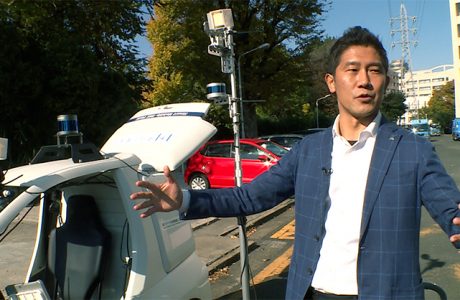
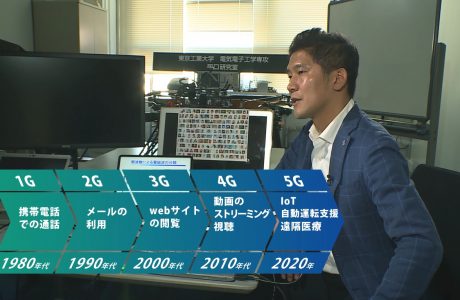
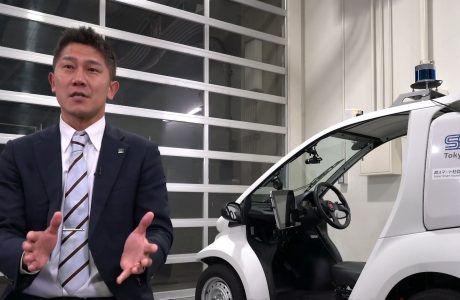
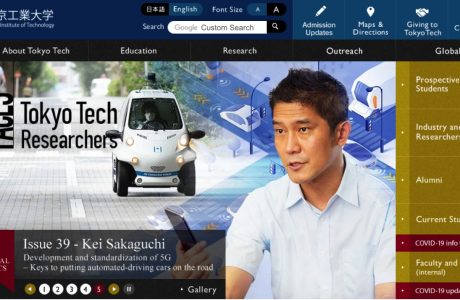
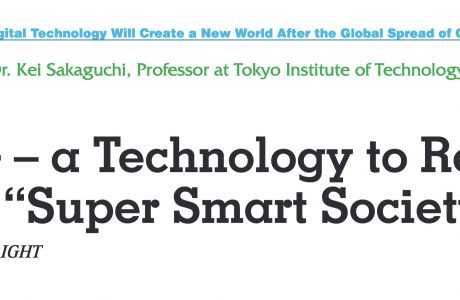
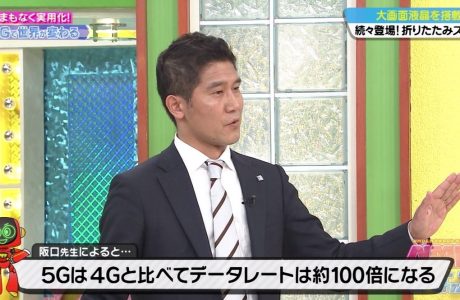
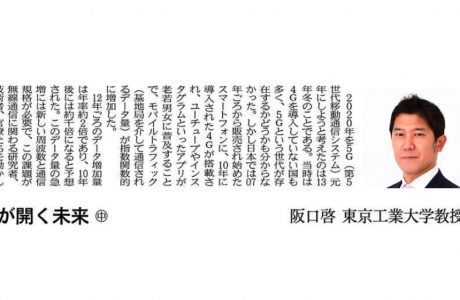

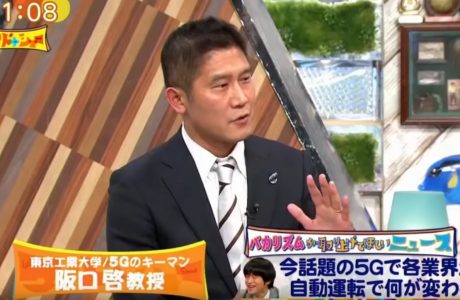
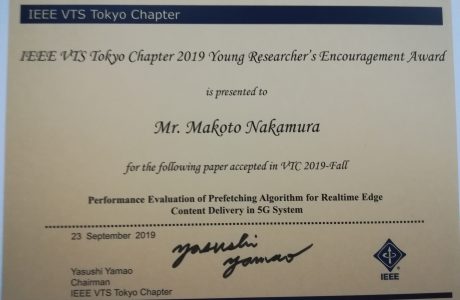
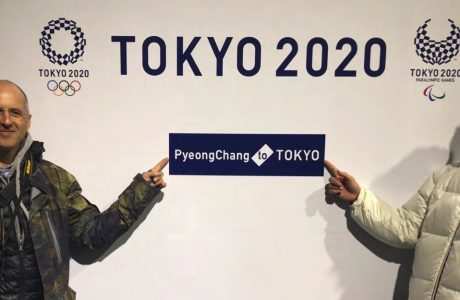

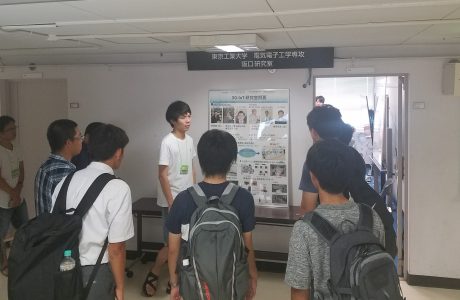



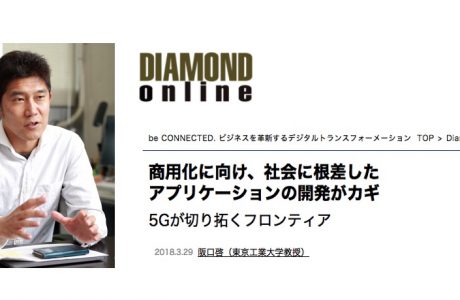
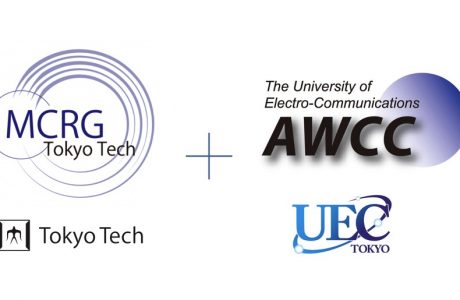


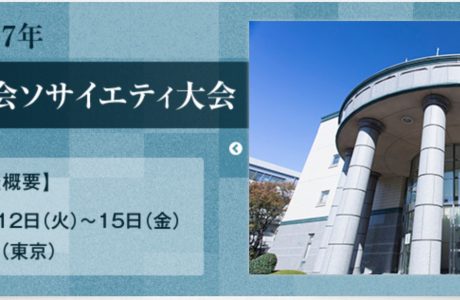

Comments are closed.